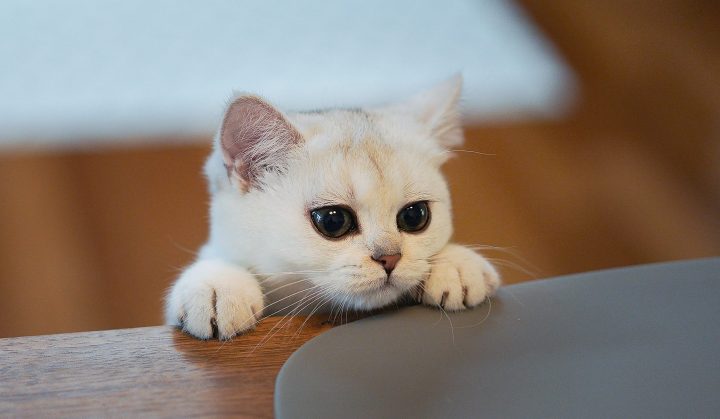THE CONVERSATION
Why mourning a pet can be harder than grieving for a person

The death of a pet can be a deeply painful experience. But acknowledging the way pet grief is different can help people find consolation.
Many pet owners know that our connections with animals can be on an emotional par with those we share with other humans – and scientific research backs this up.
The key ingredients of human attachment are experiencing the other person as a dependable source of comfort, seeking them out when distressed, feeling enjoyment in their presence and missing them when apart. Researchers have identified these as features of our relationships with pets too. But there are complexities. Some groups of people are more likely to develop intimate bonds with their pets. This includes isolated older people, people who have lost trust in humans, and people who rely on assistance animals.
Researchers have also found our connections with our fluffy, scaled and feathered friends come with a price, in that we grieve the loss of our pets. But some aspects of pet grief are unique.
Euthanasia
For many people, pet death may be the only experience they have of grief connected to euthanasia. Guilt or doubt over a decision to euthanise a cherished companion animal can complicate grief. For example, research has found that disagreements within families about whether it is (or was) right to put a pet to sleep can be particularly challenging. But euthanasia also gives people a chance to prepare for a beloved animal’s passing. There is a chance to say goodbye and plan final moments to express love and respect such as a favourite meal, a night in together, or a last goodbye.
There are stark differences in people’s responses to pet euthanasia. Israeli research found that in the aftermath of euthanised pet death, 83% of people feel certain they made the right decision. They believed they had granted their animal companion a more honourable death that minimised suffering. However, a Canadian study found 16% of participants in their study whose pets were euthanised “felt like murderers”. And American research has shown how nuanced the decision can be as 41% of participants in a study felt guilty and 4% experienced suicidal feelings after they consented to their animal being euthanised. Cultural beliefs, the nature and intensity of their relationship, attachment styles and personality influence people’s experience of pet euthanasia.
Disenfranchised grief
This type of loss is still less acceptable socially. This is called disenfranchised grief, which refers to losses that society doesn’t fully appreciate or ignores. This makes it harder to mourn, at least in public.
Psychologists Robert Neiymeyer and John Jordan said disenfranchised grief is a result of an empathy failure. People deny their own pet grief because a part of them feels it is shameful. This isn’t just about keeping a stiff upper lip in the office or at the pub. People may feel pet grief is unacceptable to certain members of their family, or to the family more generally. And at a wider level, there may be a mismatch between the depth of pet grief and social expectations around animal death. For example, some people may react with contempt if someone misses work or takes leave to mourn a pet.
Research suggests that when people are in anguish over the loss of a pet, disenfranchised grief makes it more difficult for them to find solace, post-traumatic growth and healing. Disenfranchised grief seems to restrain emotional expression in a way that makes it harder to process.
Our relationships to our pets can be as meaningful as those we share with each other. Losing our pets is no less painful, and our grief reflects that. There are dimensions of pet grief we need to recognise as unique. If we can accept pet death as a type of bereavement, we can lessen people’s suffering. We’re only human, after all. DM/ML
This story was first published in The Conversation.
Sam Carr is a Reader in Education with Psychology and Centre for Death and Society at the University of Bath.















 Become an Insider
Become an Insider
In my experience people are more likely to sympathize with someone who lost a pet than someone who had a miscarriage – for some bizarre reason, miscarriage seems to be a taboo subject. There is an immense amount of grief with miscarriage.
My Luna has this morning been diagnosed with bone cancer and been given 3-6 months. Already do not know how if and when euthanasia would be the best for her.
The grief is not just confined to the death of the pet but also if one’s pet goes missing never to return. There is no closure as one never ever knows what happened to a beloved pet. That is the toughest loss of all and I speak from experience. My cat went missing when a house sitter was staying in my home and 4 months later I’m still grieving.
My deepest sympathies, I know the devastation you must be feeling.
This I can identify with. 18 months later and I’m still grieving the loss of my beautiful Beowulf. He had hip dysplasia, but otherwise was healthy and well. I still don’t know if I did the right thing, it torments me. Yes, I did feel like a murderer. It’s tragic that we still can’t treat dogs for hip issues and that death is the only viable outcome. I would have paid anything.